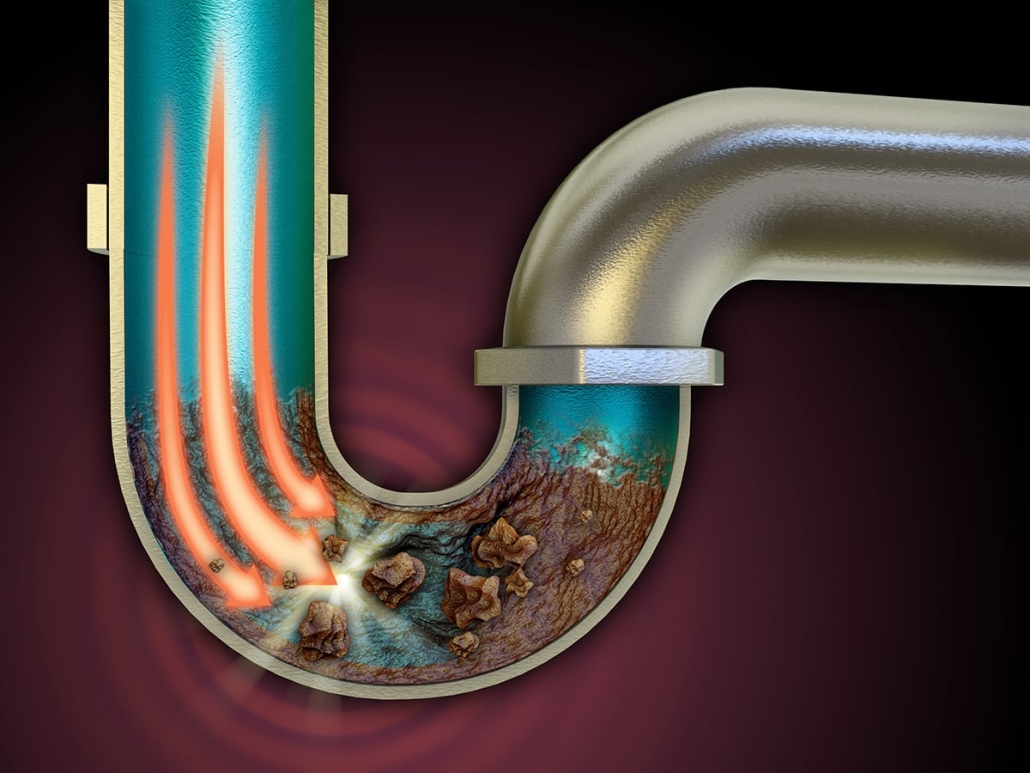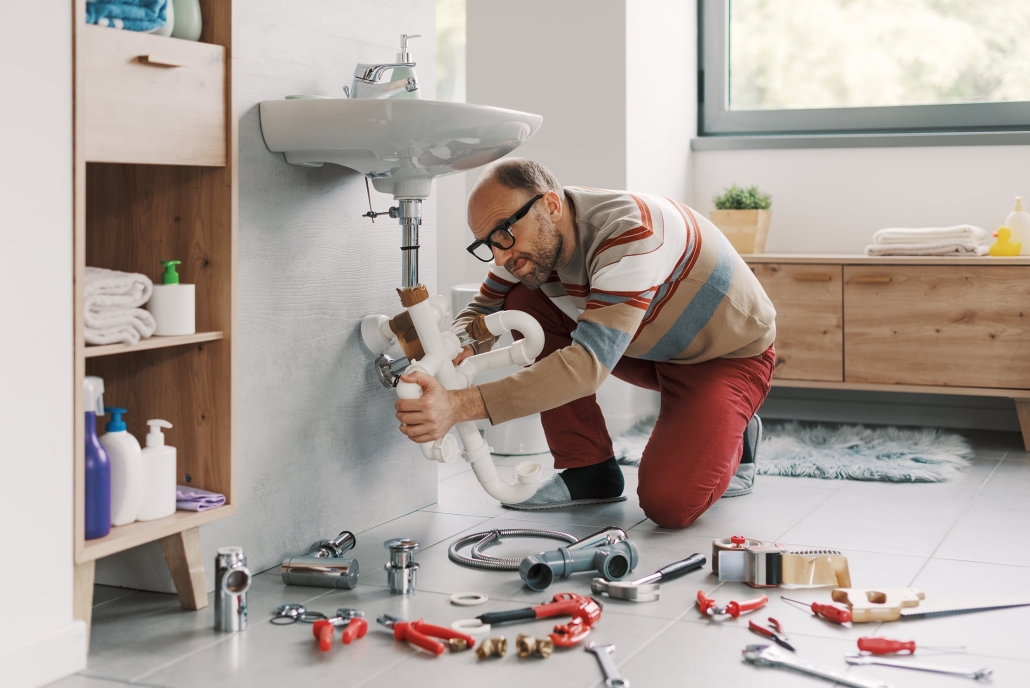When DIY Plumbing Projects Go Wrong, Do I Need a Plumber?
When DIY Plumbing Projects Go Wrong. In today’s age of YouTube tutorials and DIY blogs, tackling home repair projects on your own is tempting. However, Plumbing issues often present unique challenges that can quickly escalate from minor inconvenience to significant problems. If you’re wondering, “Do I need a plumber?” Let’s weigh the pros and cons, highlighting the risks and costs associated with DIY plumbing.
The Allure of DIY
There’s no denying the satisfaction that comes from completing a DIY project. It feels empowering to fix something with your own hands, and it can also be a way to save money. Many homeowners take pride in handling minor repairs and maintenance tasks around the house. However, when it comes to plumbing, things can get tricky fast.
Common DIY Plumbing Projects
Some everyday plumbing tasks that homeowners often attempt include:

• Unclogging drains
• Fixing leaking faucets
• Replacing showerheads
• Installing new toilets or sinks
While these tasks may seem straightforward at first glance, they can quickly become complicated without the right tools and expertise.
The Hidden Costs of DIY Plumbing

Misdiagnosis
One of the most common risks of DIY plumbing is misdiagnosing the problem. A leak from a faucet is a symptom of a more significant issue within your plumbing system. Without proper training, you might fix the visible problem while ignoring the underlying cause, leading to more critical issues.
Inadequate Tools and Materials
DIY individuals may need access to specialized tools and high-quality materials like professional plumbers. Using inadequate tools can result in a temporary fix that doesn’t hold up or, worse, cause additional damage that requires more extensive repairs.
Code Violations
Residential plumbing work often needs to comply with local building codes and regulations. A professional plumber is well-versed in these requirements and ensures that work meets legal standards. DIY projects might inadvertently violate these codes, leading to fines, potential safety hazards, and complications when selling your home.
Time and Effort
What might start as a simple weekend project can quickly become time-consuming. If the project goes differently than planned, you could spend countless hours troubleshooting, making multiple trips to the hardware store, and dealing with the frustration of not having running water or a functioning bathroom.
Potential for Increased Damage
Incorrectly installed or repaired plumbing can lead to significant water damage. A small leak can quickly become a flood, damaging floors, walls, and personal belongings. Potential water damage can also result in mold growth, posing health risks and requiring expensive remediation.
When to Call a Professional Plumber
While a handy homeowner can handle some minor plumbing tasks, there are certain situations where calling a professional plumber is the best course of action:
Major Leaks
If you have a significant leak or suspect a pipe has burst, it’s crucial to call a plumber immediately. Significant leaks can cause extensive water damage in a short amount of time.
Persistent Clogs
If you’ve tried to unclog a drain multiple times without success, it might indicate a deeper issue within your plumbing system. Professionals can diagnose and fix the problem using specialized equipment.
Low Water Pressure
Consistently low water pressure can indicate a severe issue, such as pipe corrosion, hidden leaks, or problems with the water supply line. Professionals can identify the leading cause and provide a lasting solution.
Remodeling Projects
Hiring a professional is essential if your project involves a bathroom or kitchen remodel, including moving or installing new plumbing. Incorrectly installed pipes can lead to leaks, code violations, and other costly problems.
Water Heater Issues
Water heaters are complex appliances that require proper installation and maintenance. If you’re experiencing problems with your water heater, such as inconsistent temperatures or strange noises, it’s best to consult a professional.
Conclusion
While the DIY approach can be rewarding and cost-effective for some home repairs, plumbing often requires the expertise of a professional. Misdiagnosing issues, using inadequate tools, and violating building codes can increase costs and potential damage. When in doubt, it’s always better to err on caution and call a licensed plumber. Doing so can save you time, money, and the stress of dealing with preventable plumbing disasters.
If you’re facing a plumbing dilemma and are trying to decide whether to tackle it yourself or call in the pros, consider the potential risks and benefits. Sometimes, the peace of mind that comes with knowing the job is done right is worth every penny.




